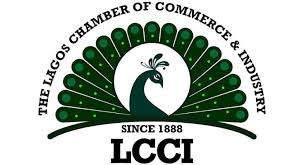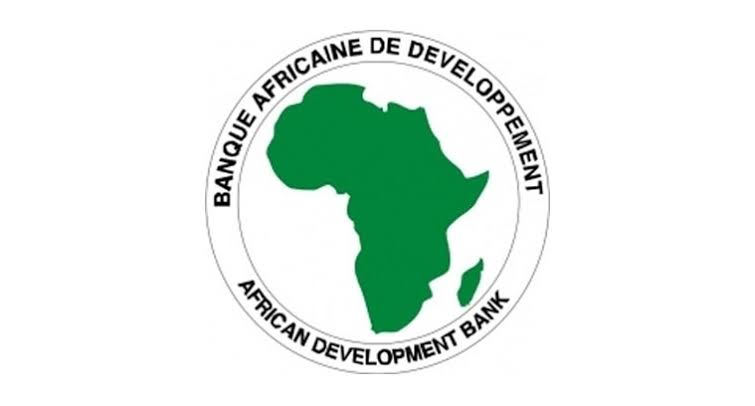President of the Lagos Chamber of Commerce and Industry (LCCI), Gabriel Idahosa, has warned that Nigeria’s economic recovery in 2025 faces significant hurdles due to rising debt burdens and limited access to international financing.
Speaking at the LCCI’s first quarterly State of the Economy conference in Lagos, Idahosa highlighted how global geopolitical tensions, particularly between the U.S. and China, could disrupt supply chains and increase global market uncertainties, further complicating Nigeria’s economic outlook.
Idahosa lamented the country’s persistent inflationary pressures, particularly food inflation, which has exacerbated food insecurity. He projected that 33.1 million Nigerians could face high levels of food insecurity by mid-2025, driven by economic hardships and record-high food prices.
Calling for an extension of import waivers on critical agricultural inputs, Idahosa stressed the need for immediate action to address the food security crisis.
While recent GDP growth figures—3.46% in Q3 2024—indicated progress, he expressed concern about the government’s ambitious 6.4% GDP growth target for 2025. With the economy’s average growth rate lingering at 2.5–3.5% in recent years, he urged the government to focus on fiscal discipline and create a business-friendly environment to drive recovery.
Idahosa also highlighted the private sector’s struggles with high borrowing costs, reduced investment incentives, and a volatile foreign exchange market. He emphasized that interest rate hikes alone would not curb inflation without resolving structural issues in agriculture and manufacturing.
On Nigeria’s energy challenges, Idahosa decried the country’s failure to fully utilize its 14,000MW power generation capacity, noting that outdated infrastructure and an overstretched grid limit supply to an average of 4,000MW.
To achieve key 2025 economic goals, such as reducing inflation to 15% and stabilizing the naira at ₦1,400/$1, Idahosa called for urgent reforms targeting productivity in key sectors and efficient management of the ₦15.81 trillion debt servicing allocation.










